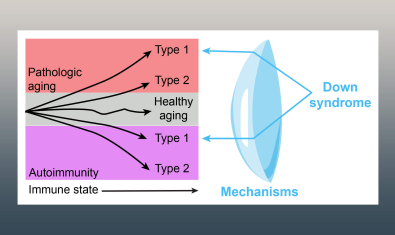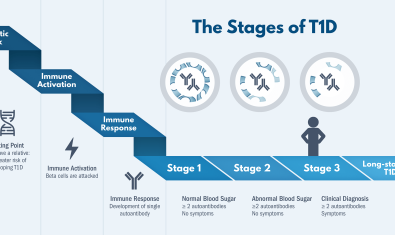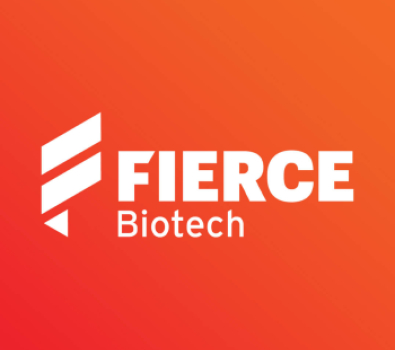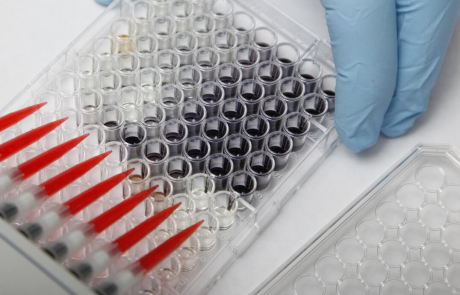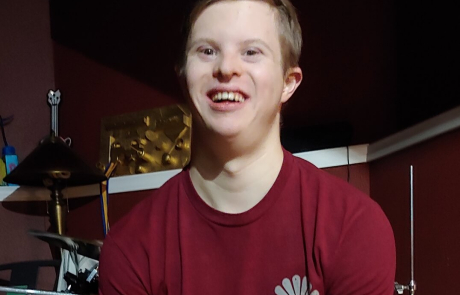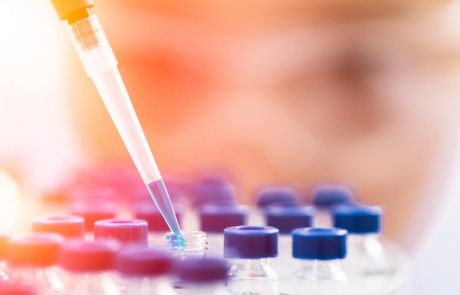What is the Down syndrome Biorepository?
BRI’s Down Syndrome Biorepository is a confidential list of people with Down syndrome who are willing to donate samples and provide health information for scientific research.
Nearly half of all People people with Down syndrome also have an autoimmune disease. BRI’s team is working to learn why. The ultimate goal of this research is to identify new and better therapeutics to prevent and treat autoimmune diseases in people with Down syndrome. Better understanding why autoimmune diseases are more common among people with Down syndrome may also give scientists more insight into how and why autoimmune diseases start in general.
Biorepository donations from individuals with Down syndrome and their family members are invaluable to this work. This information is kept confidential, and samples and health information are coded with numbers, not names.
We are currently enrolling individuals with Down syndrome with and without autoimmune diseases. Our research includes people with:
- Down syndrome.
- Down syndrome and Type 1 diabetes.
- Down syndrome and celiac disease.
We will begin recruiting Down syndrome patients with other autoimmune diseases in the coming months.
We are also enrolling family members of patients with Down syndrome. Those without an autoimmune disease are eligible for the Healthy Volunteer Registry & Biorepository, and those with an autoimmune disease may be eligible for one of our other repositories.
Learn more: Biorepository FAQ


